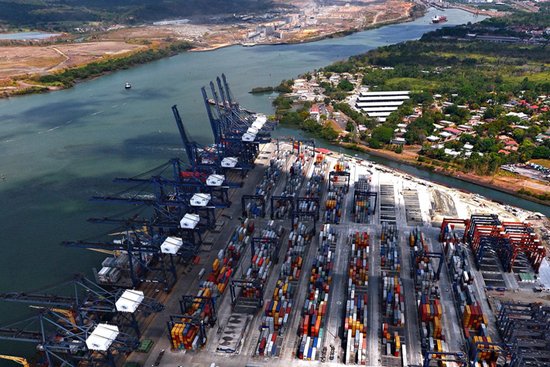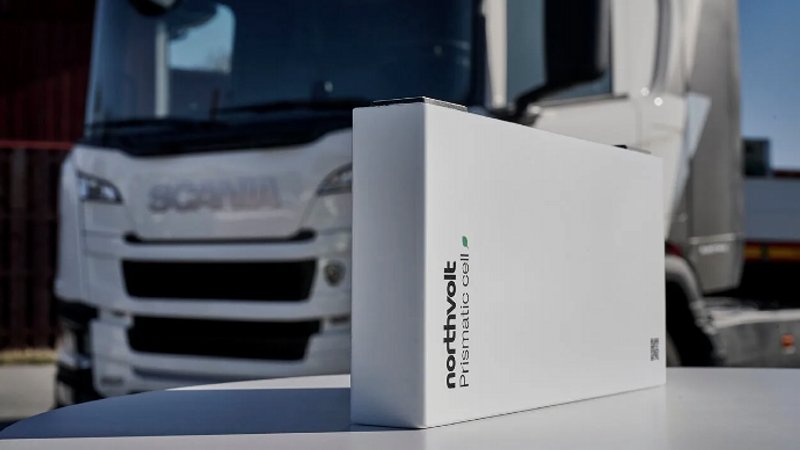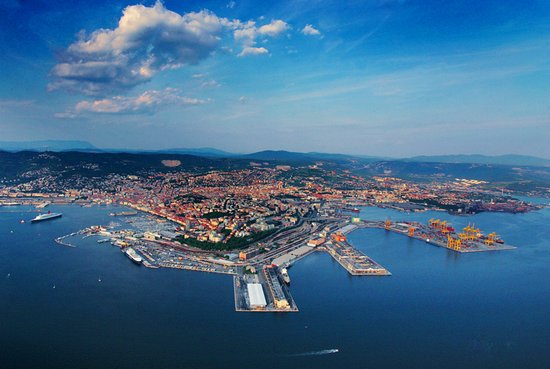The Ningbo port, one of the world's key maritime trade hubs, was the scene of a serious incident involving the YM Mobility containership, operated by Taiwanese company Yang Ming. The explosion, which occurred on August 9, 2024, has raised concerns not only about the immediate damage but also about the broader impact on global maritime traffic and the safety of hazardous goods transport.
The explosion took place while the YM Mobility, a 6,589 TEU vessel built in 2011 and registered under the Liberian flag, was docked at the Beilun Phase III terminal in Ningbo. The blast triggered a fire in the ship's forward section, originating from a refrigerated container carrying organic peroxides, a class of highly flammable hazardous materials. Although the fire was quickly extinguished, the damage to the ship is significant and will require at least three months of repairs. Fortunately, there were no casualties among the crew or port workers, who were promptly evacuated.
Investigations are still underway, but several hypotheses about the cause of the explosion have surfaced. Initial analyses suggest that the disaster was caused by the overheating of a refrigerated container's cooling system, which contained hazardous materials. The high external temperatures, which reached 39°C in Ningbo on the day of the incident, may have contributed to the overheating.
Another theory is related to a possible error in the container's classification. The cargo, declared as a reefer but not requiring an electrical power supply, might not have been handled according to regulations for hazardous materials, increasing the risk of an accident. Additionally, there is speculation about a potential violation of safety protocols during the transport of these goods, which require strict standards to prevent dangerous chemical reactions. Finally, although less likely, Chinese authorities have not entirely ruled out the possibility of sabotage, an angle that remains under investigation.
Following a 60-hour closure, the Ningbo port has gradually resumed operations, but the incident has caused disruptions and delays that could persist for several weeks, especially during the peak shipping season. Ningbo, the third busiest port in the world, is a critical junction for shipments between Asia and North America. The incident has worsened the already severe congestion at major Asian ports, creating a domino effect on a global scale.
Analysts predict a reduction in container availability in the coming weeks, with prolonged delays and increased volatility in maritime freight rates. Companies involved in trade and container leasing have been advised to prepare for longer downtimes and potential route deviations, leading to a decrease in available stock, particularly for hazardous materials.
The incident has highlighted the need to strengthen safety measures in the maritime transport of hazardous goods. Chinese authorities, in collaboration with Yang Ming, are conducting thorough investigations to identify any breaches of safety regulations. Among the measures already announced are stricter inspection protocols and an update of regulations in line with international standards.
Additionally, there will be increased training and drills for port and maritime personnel on the risks associated with handling hazardous materials, with the goal of preventing future incidents. Efforts are also being made to develop more robust emergency plans at ports to ensure a rapid and effective response to similar emergencies.


































































